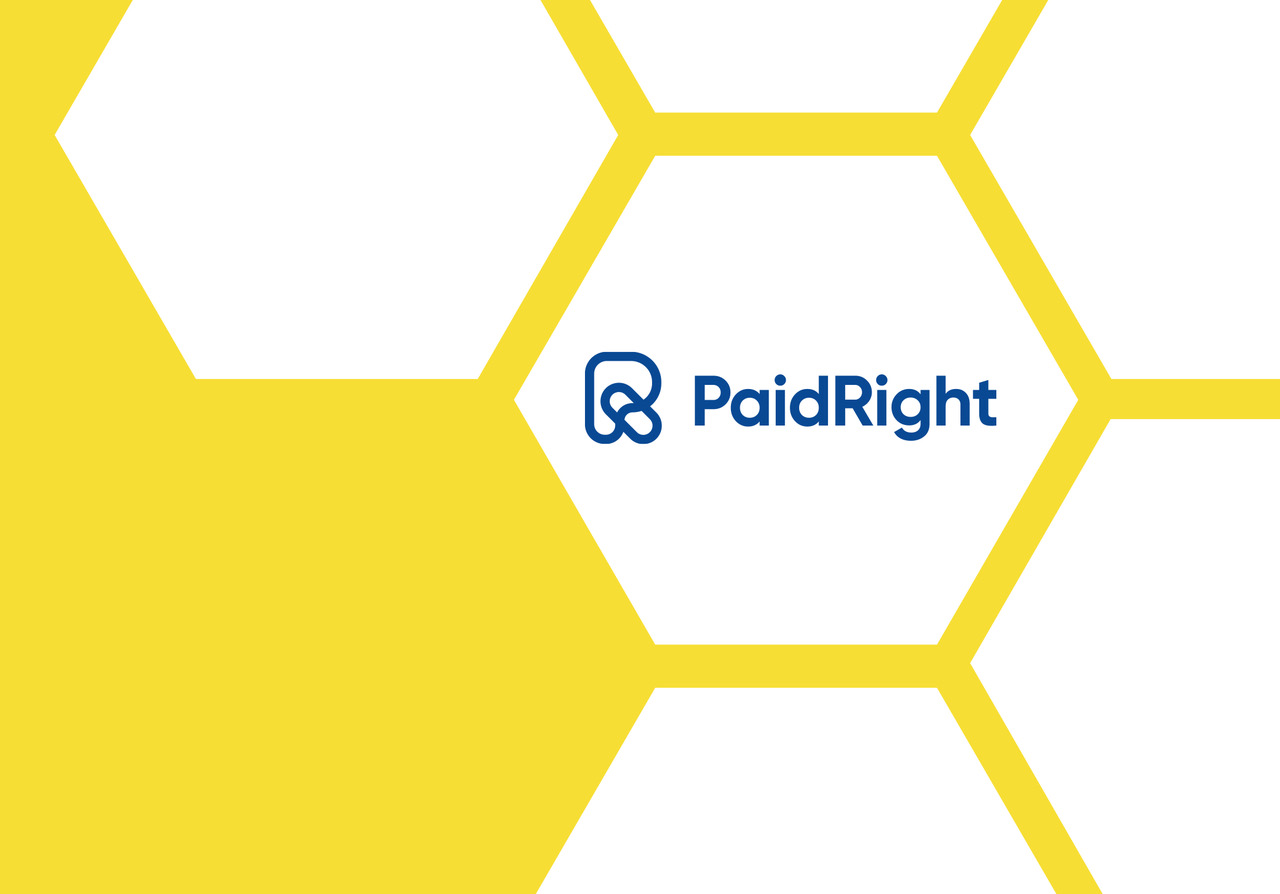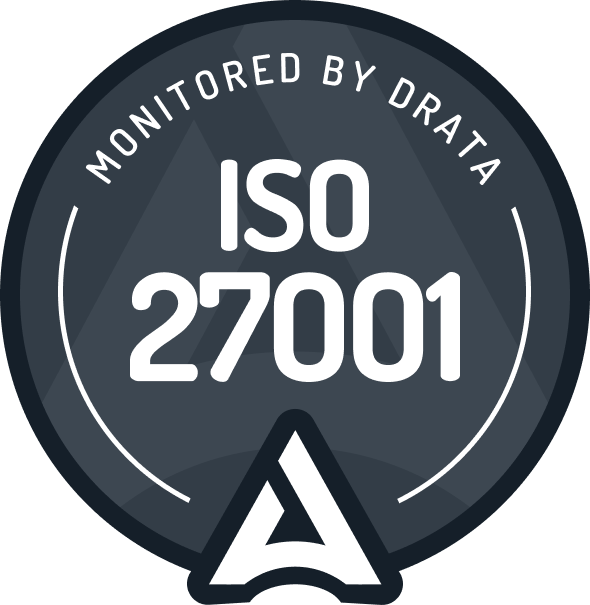Payroll Compliance in FY26 - What You Need to be Doing

Payroll compliance is a shared responsibility between payroll, HR, and finance teams, and a critical function that carries real financial, legal, and reputational risk if it’s not done right.
However, getting it right is hard. Which has been proven time and time again with the number of underpayment stories we see in the media, and that the FWO reports on.
More and more organisations are recognising just how complex the payroll landscape really is.
So, what are the right questions to ask and the right actions to take to ensure your organisation is doing everything possible to get payroll compliance right?
Questions to ask yourself heading into the new financial year
Below are six key areas every business should focus on. These are the core areas that help move your payroll process from "good intentions" to defensible, auditable and repeatable.
1. Are our classifications and contract terms correct?
Start with the basics: are your employees classified correctly under the relevant Award or EA? And do the terms in their contracts align with how they’re being paid?
Reviewing and updating contracts to ensure they reflect your actual method of calculating entitlements is essential. If an employee is classified as a Level 2 under an Award, but their work matches a Level 3, or they’re being paid a salary without a proper set-off clause, that’s a red flag.
2. Are we collecting all the required payroll data for Fair Work Standards?
One of the most overlooked areas of compliance is record keeping. Many businesses assume they’re collecting enough data, but Fair Work has very specific requirements around the data that needs to be collected and maintained.
Without the right data, even the best-intentioned payroll process can’t stand up to scrutiny. Particularly when you have to go back multiple years and prove you paid people correctly, but don’t have the data to do it.
3. Are your payroll records accurate?
It's not enough to have the data, it needs to reflect reality. Was the break taken? When was the break taken?
Small inconsistencies, like incorrect start times, missed breaks, or manual overrides, can cause annoying issues. Payroll teams often assume system data is correct, but it’s worth validating the accuracy of your rosters, timesheets and pay records against each other.
4. Have you documented how pay is calculated?
Do you have a documented and consistent way of interpreting all of your industrial agreements? When it comes to proving you are compliant, having a standard documented approach that everyone follows is a great start.
Many do this by breaking down the award or enterprise agreement down in a spreadsheet, aligning each rule with the businesses interpretation. More technology is becoming available in the market to assist with this too.
5. Do you know where risk commonly lies in your industry?
A great way to understand where risk might arise is to understand where common challenges are in your industry.
Certain risks pop up again and again in specific sectors, it’s important to be aware of what they are, so that your controls are focussed around common risk areas, and likely the most material ones.
6. Is your payroll system configured correctly?
A compliant platform isn’t just about having a good payroll provider, it’s about ensuring the system has been configured correctly to match your organisation's interpretation of the relevant awards or enterprise agreements.
As businesses evolve and regulations shift, maintaining alignment requires regular reviews and updates. This ongoing diligence ensures that your payroll configuration accurately reflects the latest compliance standards, safeguarding against potential errors and discrepancies.
What We Recommend to Stay Ahead
Once you’ve covered the fundamentals, it’s about setting up processes that keep your business on the front foot.
A great way to frame this is, if we need to deal with a complaint or an investigation in a few years in the future. What's the easiest way to deal and prove we have got this right?
Review every employee, every pay-run
The best way to find errors is early. A proactive compliance review, checking each employee’s pay against their entitlements every pay-run, gives you full visibility and total risk exposure across the entire business.
Conducting a small sample does not provide enough information for you to be confident that you are getting it right for every employee.
With the right tools, these checks can run automatically in the background, highlighting only the exceptions that need your attention.
Fair Work’s new offsetting guidance makes it clear: you are expected to get pay right at the time it is earned. Small errors can quickly snowball when you cannot offset them across time or entitlements, and if you are not identifying and fixing issues in real time, you are likely carrying far more financial risk than you realise.
Keep a digital audit trail of all compliance work
It's one thing to say you're compliant, it’s another to prove it. Whether you’re audited tomorrow or in five years, having a digital record of every check, every exception, every system update, and every fix builds confidence and credibility.
Remediation projects or general review work can be complex when you don’t have a digital format for the work you’re doing. Spreadsheets that are scattered across different people in the team are no longer the best way.
Ditch the spreadsheets, centralise your data
Many teams still manage compliance tracking, EA interpretation notes, and exception management in disconnected spreadsheets. This increases the risk of error and makes it hard to respond quickly when questions arise.
Having a single platform where compliance work is centralised, traceable, and secure creates one source of truth across payroll, HR and finance teams.
Assign a dedicated compliance person
One of the simplest and most powerful things you can do is assign someone to own payroll compliance. Not payroll ops, not HR, just compliance.
This person (or team) becomes responsible for ensuring the right checks are in place, the risks are understood, and the work is documented. They’re your internal "third umpire" focused on defending the business, not just running the process.
When compliance is everyone’s part-time job, it too easily becomes no one’s job.




.png)


.png)













.webp)

.webp)